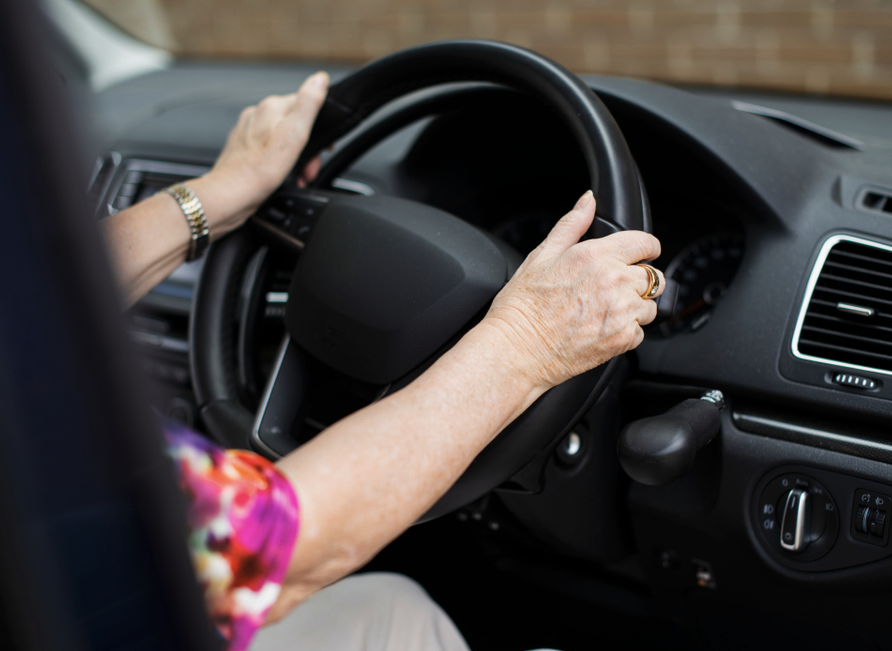When do I need to tell DVLA about my medical condition?
Driving with any medical condition that could affect you is something that you need to take very seriously. Being a safe driver requires good eyesight, reaction times, coordination, attention and concentration. Should any medical issue cause a problem with any of these general conditions, then it is important that you consult your doctor to discuss your ability to drive.
 There are certain conditions that must be declared to the DVLA as a full licence holder, and there are quite a few. To find the entire list, the link is below:
There are certain conditions that must be declared to the DVLA as a full licence holder, and there are quite a few. To find the entire list, the link is below:
https://www.gov.uk/health-conditions-and-driving/find-condition-a-to-z
As a full licence holder, your role in reporting your medical condition to the DVLA is crucial. If your condition is listed, you will be asked to consult your doctor. If they agree that your condition or medication affects your driving, it is mandatory to inform the DVLA and fill in an FEP1 form. Failure to do so can result in a fine and possible prosecution if involved in an accident, as well as cancelled insurance. This must be done immediately. Reporting your medical condition to the DVLA can be done online and is relatively easy, empowering you to take control of your driving safety.
Many licence holders will choose to voluntarily surrender their licence for three months on their doctor’s advice, as this will make it easier to reinstate it. If your doctor agrees, you will then have to reapply for your licence back, which involves filling out a form and undergoing any necessary medical checks. However, you will be able to drive while these checks are being carried out.
Some of the most important conditions to alert the DVLA to would be:
- Epilepsy
- Brain Surgery, brain injury or tumour
- Neurological conditions, attacks of giddiness
- Visual impairment
- Physical disabilities
It may surprise you to know that diagnosed conditions such as anxiety, depression, diabetes and high blood pressure are also on the list, so it is worth checking the list to make sure that you are on the right side of the law when it comes to your driving licence.

Many people worry that if they inform the DVLA of an issue that may be minor or temporary they may lose their licence for a long time, so they refrain from letting the DVLA know, this can lead to many problems. Although it is up to the individual to let the DVLA know by law, your GP can inform the DVLA to have a licence suspended where necessary. If your condition is likely to be temporary, your doctor can help you get your licence reinstated, so you should not worry that you will lose your licence forever.
Many drivers have had medical suspensions from time to time without issue. With the help of Motability, many disabled drivers with DVLA medically notifiable conditions are able to drive with the help of adapted cars. The DVLA are there to ensure that you and all other road users are safe when you are driving. They will make unbiased decisions with reports from your GP and, if necessary, a driving assessment before reinstating a licence. This support system is in place to reassure you that your safety and the safety of others is the top priority.
It is always better to be safe than sorry, and if you have any medical concerns, then it is better to discuss this with your GP and surrender your licence until you are fully fit to drive. Being involved in a collision while driving with a medical condition can lead to far more than a costly insurance claim. It can lead to criminal prosecution and even jail time, depending on the incident. This stark reality underscores the importance of reporting all medical conditions that could affect your driving.
